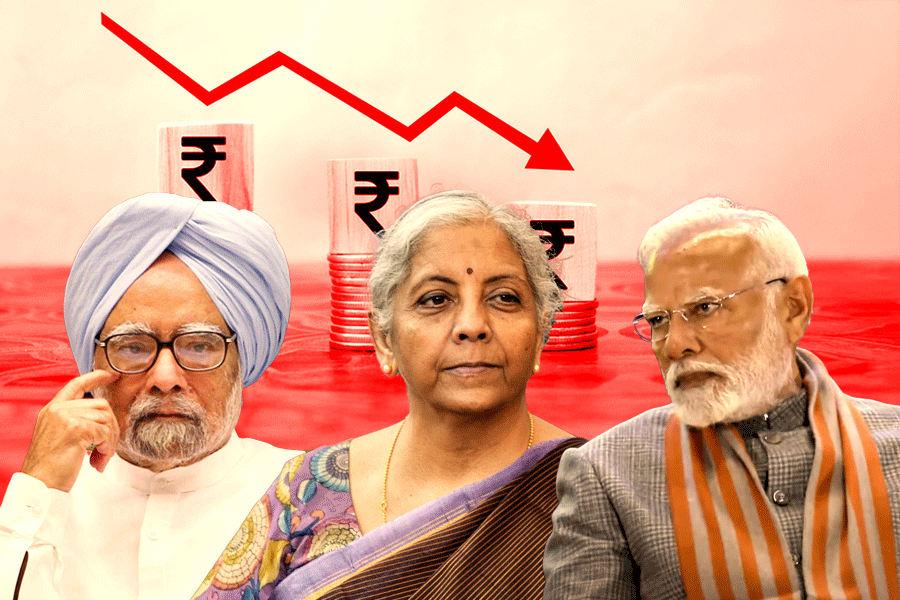The Assembly on Thursday passed an amendment that seeks to restrict the burden of tax arrears that piles up on property owners because of the municipal corporation’s inability to re-evaluate the property on time. Every six years, thegeneral re-evaluation is supposed to increase the annual tax of residential properties by 10 per cent.
This has not been done in vast areas across the city, said an official of Calcutta Municipal Corporation. This means, a property owner is actually paying an amount for which the reassessment has not been done for several years.
When the civic body realises that the general re-evaluation (GR) has not been done, it calculates the arrears for the 10 per cent rise for every six years. Many citizens allege that suddenly they end up paying huge amount in tax arrears.
Once the Calcutta Municipal Corporation (Amendment) Bill, 2019, becomes an act and the government publishes the changes through a gazette notification, it will restrict the burden of arrears to two missed cycles.
Explaining how property taxpayers would benefit from the amendment, a CMC official cited the example of a property that was last assessed in 1990. “The property was not re-evaluated in 29 years. If the general re-evaluation were done on time, then it would have undergone four re-evaluations with one every six years,” said the official.
Under the earlier practice, the CMC would have imposed four additional 10 per cent amount on the 1990 value of the property while calculating the tax in 2019.
After Thursday’s amendment, the CMC would be able to impose only two additional 10 per cent on the 1990 value of the property. This would reduce the burden on the taxpayer, he said.
Tax is calculated as a certain percentage of a property’s valuation. So with an increase in property valuation, the tax also increases as a natural consequence.
The old practice was wrong because the corporation was penalising the taxpayer for a fault of the civic body, said the senior official. “The person was paying the tax according to the bill that was sent to him. The CMC should have added the 10 per cent every six years but it didn’t,” he said.
He added that irrespective of the number of years for which the tax is pending, only two additional 10 per cent could be added since the last value of the property. “If tax is pending since 1980, then also only two additional 10 per cent can be imposed. The amendment limits the increase to two times only,” said the official.
A resident of Kasba who cleared his outstanding tax in 2018 said he had to pay a huge amount as his property was last assessed in 1989. “My quarterly tax was about Rs 250 before I went to CMC’s office and the re-evaluation was done. I had to pay a huge amount as tax arrears for the four missed re-evaluations,” he said.
Sources in the corporation said that in case of a commercial property, its value increased by 20 per cent after every six years. So after the amendment, only two additional 20 per cent would be imposed on the last assessed value of the commercial property.
The general re-evaluation is done to maintain parity between the values of a property with the general increase of prices of other things in the market.
Though only two additional 10 per cent or 20 per cent can be imposed on the last assessed value, the tax arrears have to be cleared till the last quarter. “The person whose property was last assessed in 1990 must clear the tax till the first quarter of 2019-20 if he is paying the tax today,” said the senior official.











